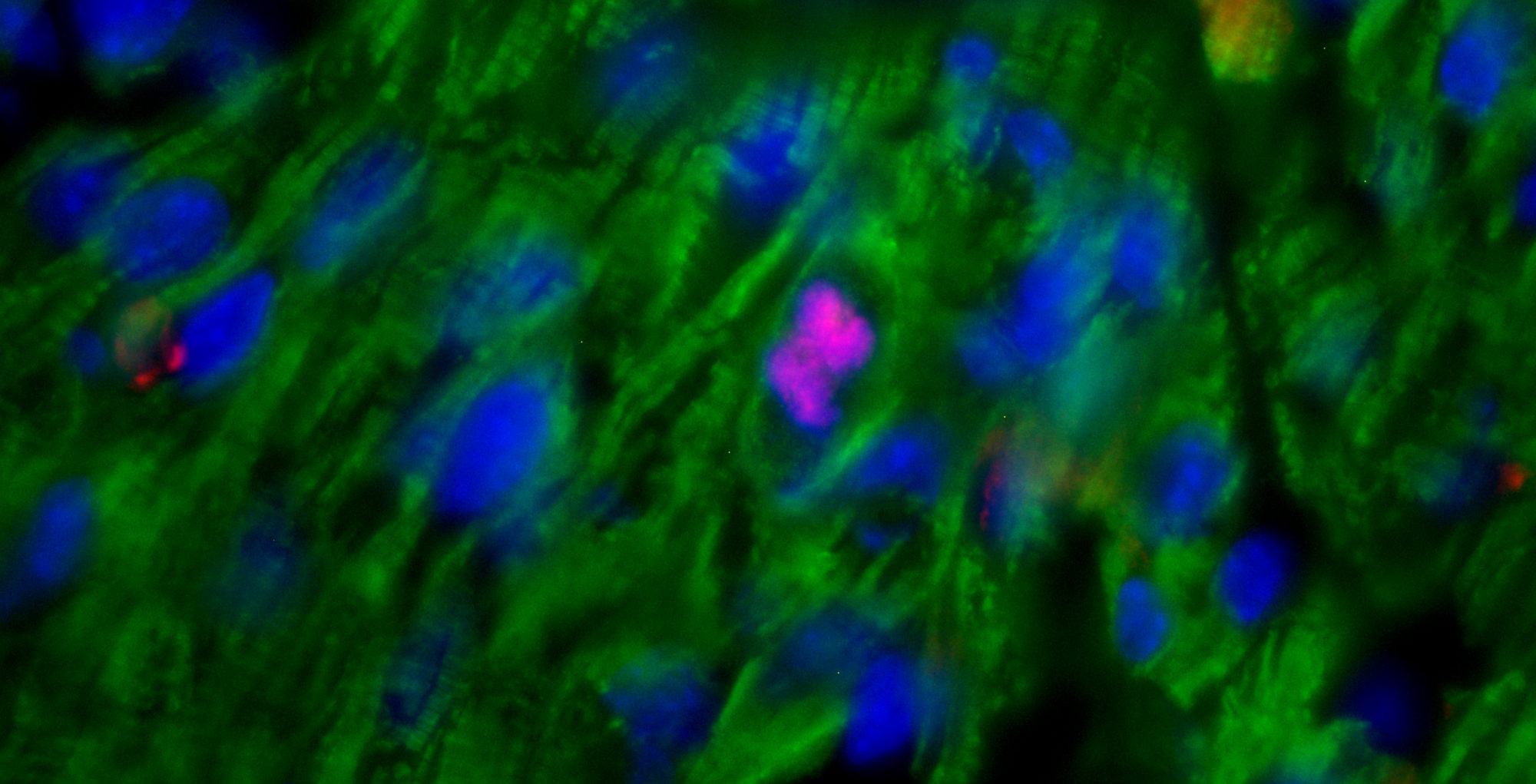BACKGROUND: Basal-like carcinoma are aggressive breast cancers that frequently carry p53 inactivating mutations, lack estrogen receptor-α (ERα) and express the cancer stem cell markers CD133 and CD44. These tumors also over-express Interleukin 6 (IL-6), a pro-inflammatory cytokine that stimulates the growth of breast cancer stem/progenitor cells.
RESULTS: Here we show that p53 deficiency in breast cancer cells induces a loss of methylation at IL-6 proximal promoter region, which is maintained by an IL-6 autocrine loop. IL-6 also elicits the loss of methylation at the CD133 promoter region 1 and of CD44 proximal promoter, enhancing CD133 and CD44 gene transcription. In parallel, IL-6 induces the methylation of estrogen receptor (ERα) promoter and the loss of ERα mRNA expression. Finally, IL-6 induces the methylation of IL-6 distal promoter and of CD133 promoter region 2, which harbour putative repressor regions.
CONCLUSION: We conclude that IL-6, whose methylation-dependent autocrine loop is triggered by the inactivation of p53, induces an epigenetic reprogramming that drives breast carcinoma cells towards a basal-like/stem cell-like gene expression profile.
Go to the full article: D’Anello L, Sansone P, Storci G, Mitrugno V, D’Uva G, Chieco P, Bonafé M. Epigenetic control of the basal-like gene expression profile via Interleukin-6 in breast cancer cells. Molecular Cancer, 2010
